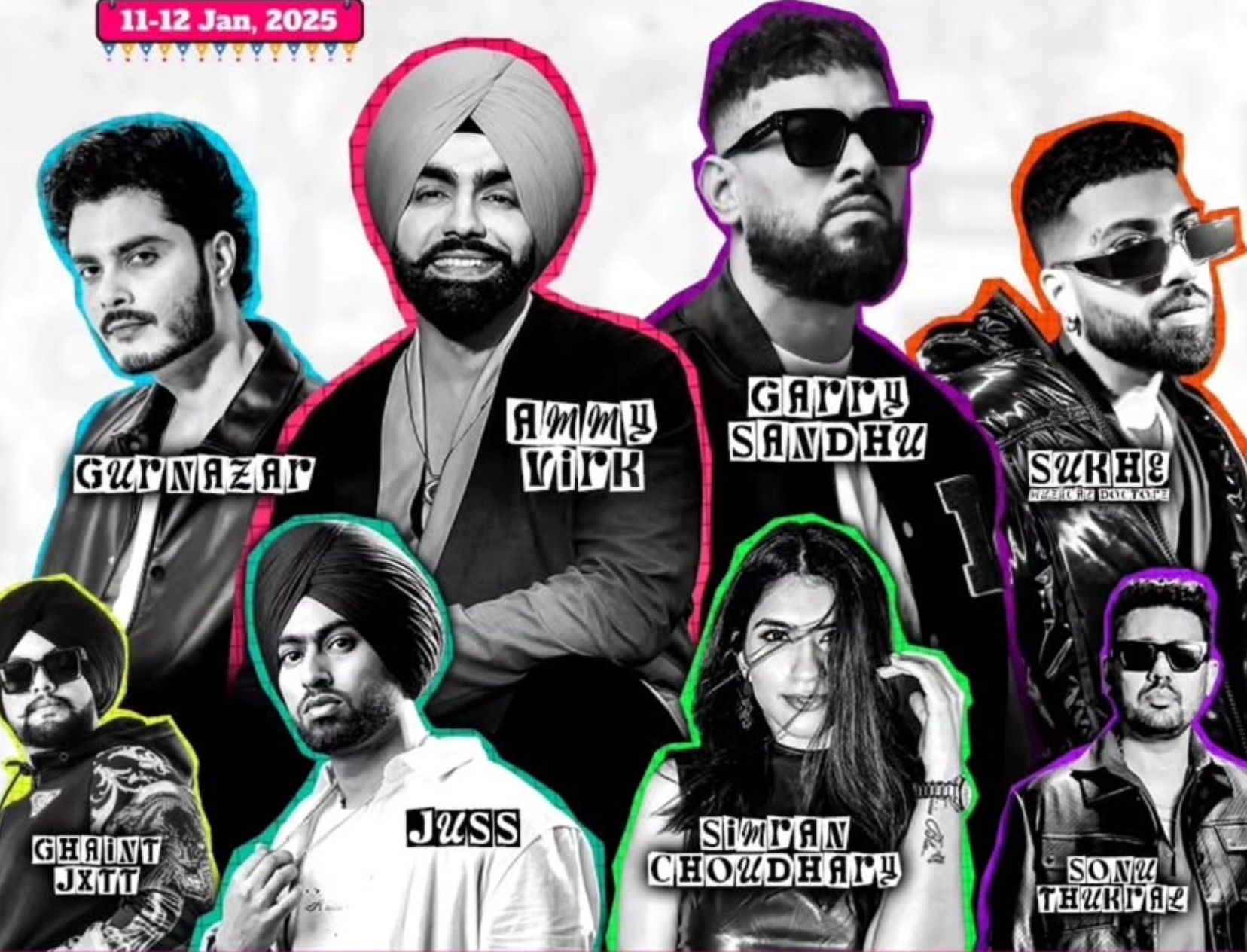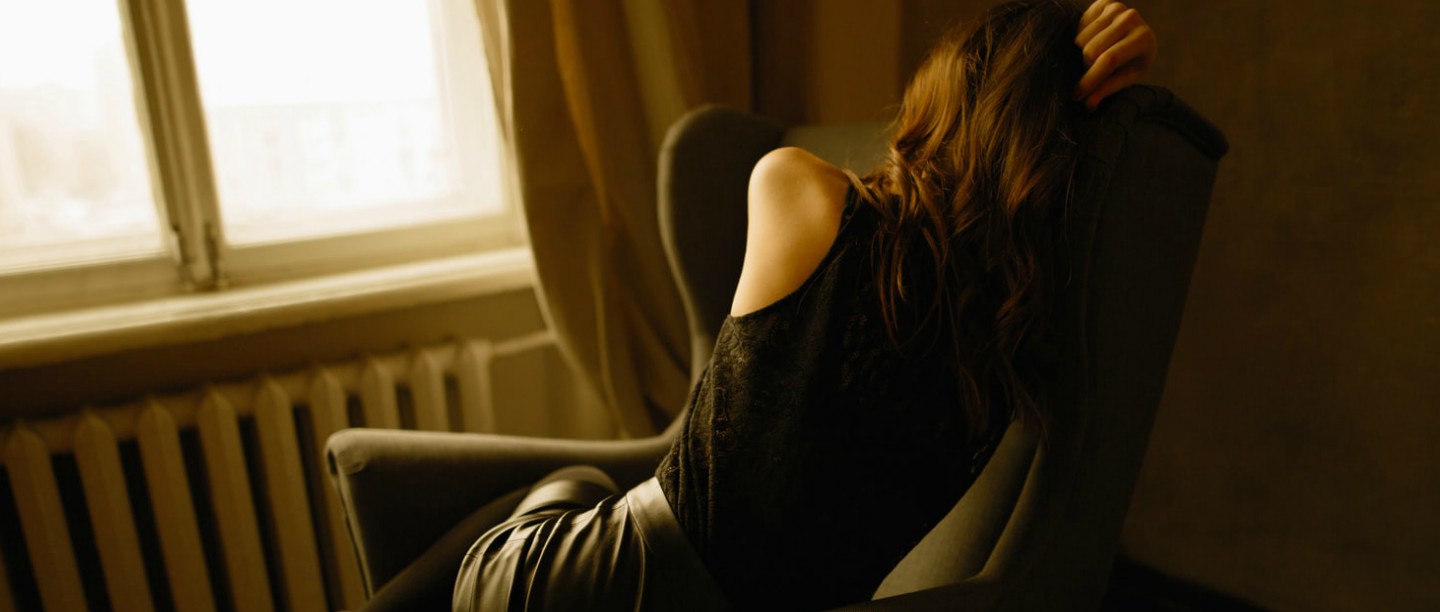Even in 2019, our society doesn’t consider the love between two people legit unless they’re married. You can be in the healthiest, most stable, most well-adjusted relationship, but if you’re not married, it doesn’t mean much. On the other hand, even if you’re in a dysfunctional and abusive marriage, you will constantly be advised to downplay that and focus on the ‘good’, irrespective of whether that actually exists.
Table of Contents
In such a scenario, because of how women’s worth is tied to having a husband, if one is in an abusive marriage, they feel alone, isolated, and under immense pressure to keep quiet. There is so much shame associated with abuse that just talking about it requires a lot of courage on the survivor’s part. It’s even worse if they feel like they might not get any support if they decide to speak up.
If you cannot imagine walking out of your abusive marriage, if you live in fear every day, if you have no financial independence or power in the relationship, remember that there’s always hope. There are a few things you can do to safeguard yourself. Read on.
Different Forms Of Abusive Marriages
According to the National Family Health Survey (NHFS-4), released by the union health ministry in 2018, 31% of married Indian women have experienced physical, sexual, or emotional violence by their spouses. The most common type of spousal violence is physical violence (27%), followed by emotional violence (13%).
Physical Abuse
If your husband hits you once, he will probably do it again. When the power dynamics of a relationship are so skewed that one person thinks they can get away with hitting their partner without any consequences, it is a breeding ground for sustained abuse. In no scenario, in response to nothing, in no emotional state is it okay for your husband to hit you. People often wonder why women stay with their abusers, but we should only be focusing on why their husbands are abusing them and how we can provide them with a safe environment to heal. Often, physically abusive marriages are also sexually abusive, and shockingly, marital rape has still not been criminalised in India.
Mental And Emotional Abuse
We’ve seen enough pictures of scared, bruised women in the media to immediately think of only that when we think of abuse. But just because you cannot see signs of distress on someone’s body doesn’t mean they are not being abused. Mental or emotionally abusive relationship can be just as damaging and difficult to talk about. Marriage and family therapist Dr. Maitri Chand explains, “The indicators for physical abuse are very clear and very visible. But the indicators for neglect and emotional abuse are a lot more subtle. With emotional abuse, there is a sense of helplessness, non-acceptance, or being judged very harshly. Coercion, manipulation – standalone, these are part of almost every relationship dynamic, but it is the frequency and the intensity of it that determines whether the relationship is abusive or not.”
How To Identify If You’re In An Abusive Marriage
All couples fight and all couples have issues. That does not make a marriage abusive. How your husband reacts to the problems or to a fight with you, and how often that reaction is violent is a mark of an abusive marriage.
While physical abuse is tangible and easier to recognise, it might take you some time to realise that you’re being emotionally abused. One of the things abusers excel at is manipulating and gaslighting their wives, making them feel like it’s all in their head. But if you’re constantly on edge around your husband, if you’re worried that he’ll yell at you if you say something wrong, then it’s not in your head. Fear is a huge part of the abuse cycle. If you do not have the comfort or freedom to be who you are and say what you want to in front of your husband, then you’re not in a healthy marriage.
How To Deal With Abuse

Unsplash
Even after you recognise that you’re in an abusive marriage, leaving your husband might not be your first instinct for various reasons. Establishing your safety, however, should be your priority. Dr Chand explains, “One of the things people can do is reach out to a trustworthy friend, if not a family member. They can find solace there, they can feel safe. Abusers many times will work very systematically at isolating you from your loved ones, so this helps. If that is not possible, then a helpline or NGO can be helpful, just so that you can have somebody as a sounding board, so you know it’s not in your head, you’re not making this up. Because part of the abuse is that we start believing the narrative of the abuser, so the sounding board helps with that.”
How to Seek Help
Once you’ve done the emotionally taxing task of identifying your marriage as abusive, you might be too overwhelmed to deal with it on your own. In such a scenario, please fight the shame and ask for help. There are multiple courses of action that you can take.
Talk To Trusted Friends Or Family Members
Dr Chand says, “A lot of times people will reach out to friends or family. Shame is a huge part of the abuse cycle, where while you might not use the word abuse, there is so much shame around what is coming your way that it’s very difficult for you to talk about it. So there is a lot of secrecy around abusive patterns and that secrecy also maintains the abuse cycle. It takes a lot for someone to start from a place of shame and vulnerability and to reach out to a trustworthy person.” But do it. Talk to someone and share your burden.
Seek Professional Help

Shutterstock
Therapy is largely misunderstood in India, but if you’re in an abusive marriage, a therapist can help you feel safe and come up with a plan of action. If you don’t want to go looking for one, your physician might be able to help you with that. According to Dr Chand, “Sometimes, your GP will be the person who will notice something if you go in for medical treatment for stress or anxieties. They might notice if someone is physically abused. The newer generation of physicians are being trained to look at the psychological aspects of abuse. So, if a person keeps coming in with symptoms related to anxiety or depression, or physical manifestations of stress, then they are able to recognise that. They may not make the connection that the person is in an abusive relationship, but they know that something is triggering the anxiety or the panic, and then they will refer you to a therapist, or they will at least make that suggestion.”
If therapy is not something you’re immediately comfortable with, there are helplines and NGOs that specifically work with survivors of abuse. The National Commission for Women has a comprehensive list of numbers you can call if you are in distress and need help.
Laws About Domestic Abuse In India
If you decide to take legal action against your husband, there are laws in place that are meant to help and rehabilitate you. The Protection of Women from Domestic Violence Act, 2005, the Dowry Prohibition Act, 1961, and Section 498A of the Indian Penal Code are the three laws in India that deal with domestic violence.
- The Protection of Women from Domestic Violence Act, 2005, is a civil law with a broad definition that includes not only physical violence, but also other forms of violence such as emotional, verbal, sexual, and economic abuse. It is meant to protect women from the men in the household, so it also applies to women who are in live-in relationships, as well as family members including mothers, grandmothers, etc.
- The Dowry Prohibition Act is a criminal law under which taking, demanding, or giving dowry is punishable by six months of imprisonment or a fine of Rs 5,000.
- Section 498A of the Indian Penal Code (husband or relative of husband of a woman subjecting her to cruelty) is a criminal law, where cruelty refers to “willful conduct which is of such a nature as is likely to drive the woman to commit suicide or to cause grave injury or danger to life, limb or health (whether mental or physical) of the woman” and “harassment of the woman where such harassment is with a view to coercing her or any person related to her to meet any unlawful demand for any property or valuable security or is on account of failure by her or any person related to her to meet such demand.”
“Leave your husband” is an easy thing to say, but it might not be an option for several women who have to deal with abuse on a regular basis. If you see someone struggling, help them in whatever way you can. If you’re in an abusive marriage, please remember that it’s not your fault.
Featured Image: Unsplash
POPxo is now available in six languages: English, Hindi, Tamil, Telugu, Marathi and Bangla.
Introducing #POPxoEverydayBeauty – POPxo Shop’s collection of skin, bath & body, and hair products that are fun, effective and 100% fuss-free. To celebrate, we’re giving everyone 25% off on pre-orders so head to POPxo.com/beautyshop and take your beauty routine up a POP!





